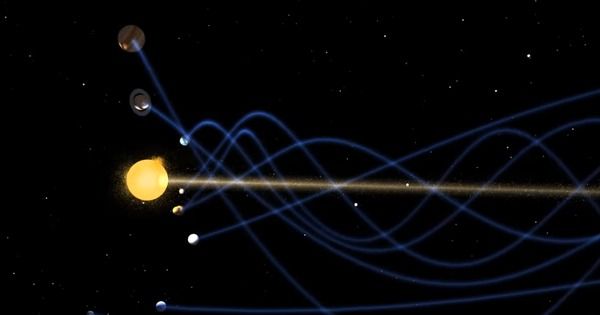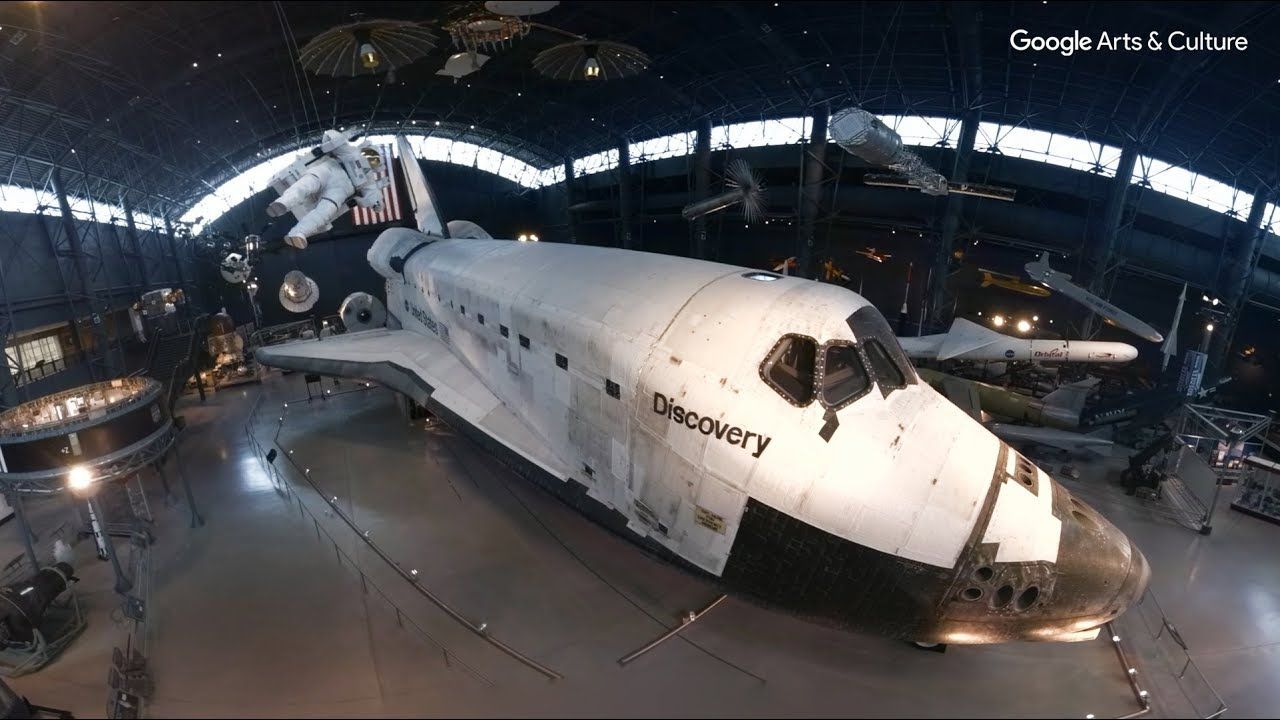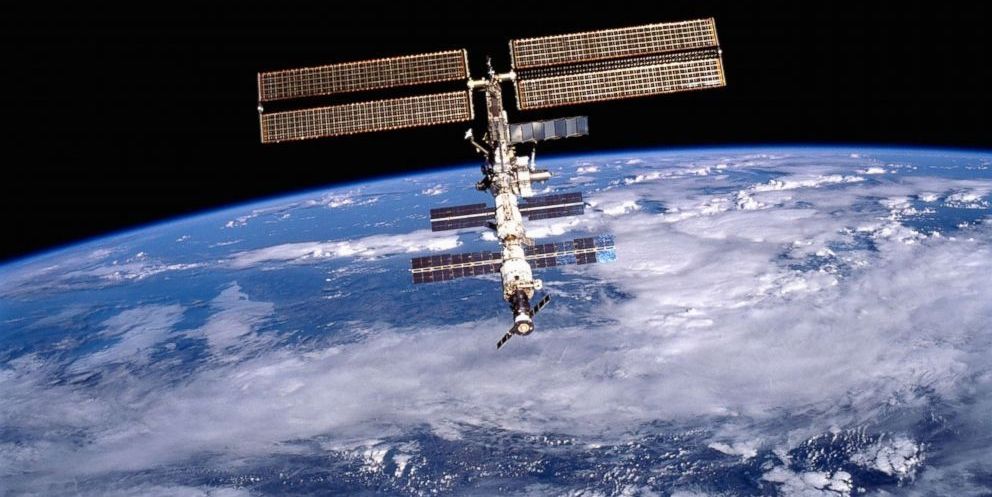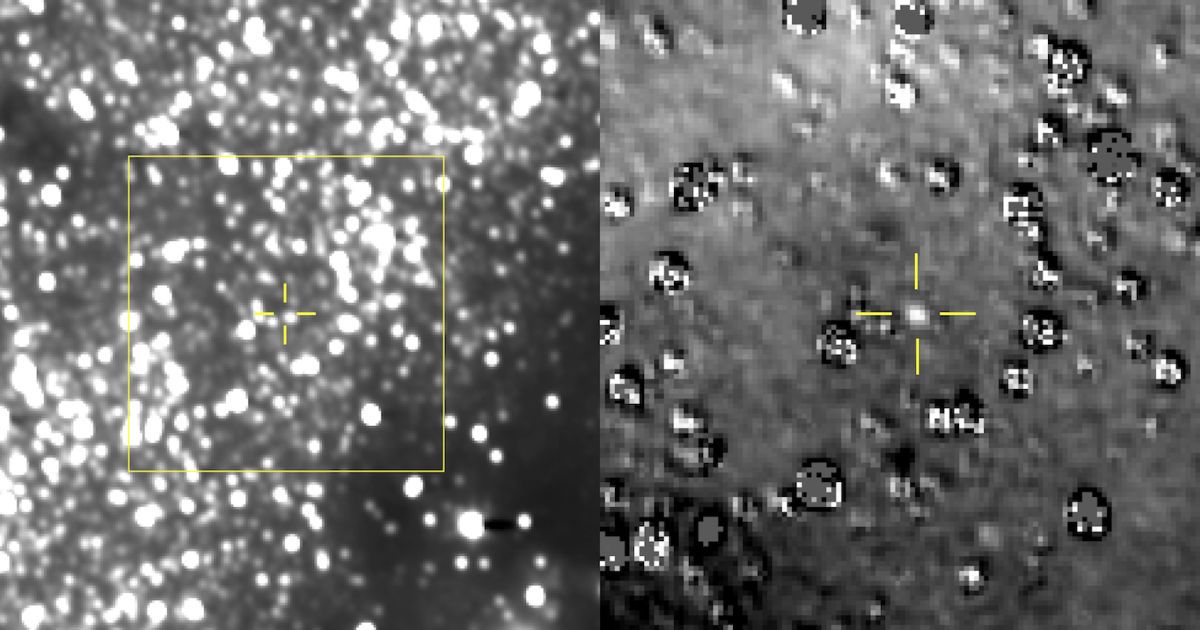Page 8555
Aug 30, 2018
Physicists Just Made the Most Precise Measurement Ever of Gravity’s Strength
Posted by Genevieve Klien in categories: physics, space
Gravity might feel strong if you drop a bowling ball on your feet, but is in fact the weakest force. Compare it to electromagnetism: the pull of all the Earth’s gravity can’t stop you from picking up a paperclip with a refrigerator magnet. That weakness makes gravity incredibly difficult to measure.
A team of scientists in China are reporting that they have now performed the most precise measurement of gravity’s strength yet by measuring G, the Newtonian or universal gravitational constant. G relates the gravitational attraction between two objects to their masses and the distance between them. The new measurement is important both for high-powered atomic clocks as well as the study of the universe, earth science, or any kind of science that relies on gravity in some way.
Aug 30, 2018
Scientists identify protein that may have existed when life began
Posted by Genevieve Klien in category: chemistry
How did life arise on Earth? Rutgers researchers have found among the first and perhaps only hard evidence that simple protein catalysts—essential for cells, the building blocks of life, to function—may have existed when life began.
Their study of a primordial peptide, or short protein, is published in the Journal of the American Chemical Society.
In the late 1980s and early 1990s, the chemist Günter Wächtershäuser postulated that life began on iron- and sulfur-containing rocks in the ocean. Wächtershäuser and others predicted that short peptides would have bound metals and served as catalysts of life-producing chemistry, according to study co-author Vikas Nanda, an associate professor at Rutgers’ Robert Wood Johnson Medical School.

Film has always had a special place in my heart. It’s helped me through so many stages in my life.
I’ve felt so unmotivated these past few years and decided to work on something that would inspire me.
Aug 30, 2018
Step aboard the Space Shuttle Discovery with Google’s 8K virtual tour
Posted by Genevieve Klien in category: space travel
Aug 30, 2018
Crispr Halted Muscular Dystrophy in Dogs. Are Humans Next?
Posted by Genevieve Klien in categories: bioengineering, biotech/medical
Aug 30, 2018
The New Science of Seeing Around Corners
Posted by Genevieve Klien in categories: computing, science
Computer vision researchers have uncovered a world of visual signals hiding in our midst, including subtle motions that betray what’s being said and faint images of what’s around a corner.
Aug 30, 2018
Small leak discovered on Russian side of International Space Station, NASA says
Posted by Genevieve Klien in category: space
Small leak discovered on Russian side of International Space Station, NASA says originally appeared on abcnews.go.com
A small pressure leak was discovered on the International Space Station, according to NASA.
Flight controllers at mission control centers in Houston and Moscow began seeing signs of the leak Wednesday night when the six-member crew aboard the orbital outpost were asleep. Flight controllers monitored the situation until the crew awakened at their normal time Thursday morning since they were in “no danger,” NASA said in a press release.
Continue reading “Small leak discovered on Russian side of International Space Station, NASA says” »
Aug 30, 2018
New Horizons snags image of distant Kuiper Belt target a month early
Posted by Genevieve Klien in category: space
After NASA’s New Horizons spacecraft collected a trove of data from its six-month-long flyby of Pluto, it set its sights on a much smaller object in the Kuiper Belt — an object dubbed 2014 MU69. Scientists believe MU69 will likely be a rather preserved outer solar system object, one that could provide clues as to how dwarf planets like Pluto may have formed billions of years ago. Now the New Horizons team reports that it has snapped a picture of its distance target and it did so weeks before MU69 was expected to be visible to the spacecraft.
New Horizons is still about 100 million miles away from MU69 and the researchers didn’t think they’d be able to see the small object with New Horizons’ onboard cameras until around mid-September. “We thought it’s worth giving it a shot a month early,” Hal Weaver, the lead scientist working with the New Horizons’ long distance camera, told the New York Times. Through a few dozen images, they were able to make out the very faint MU69, an object under 30-miles wide. Being able to see it will help scientists refine New Horizons’ trajectory, though since the object was right where they expected it to be, it appears the spacecraft’s path is already pretty spot on. “The whole team is jazzed now,” said Weaver.
The spacecraft is expected to reach MU69, also known as Ultima Thule, on January 1st, 2019. It will mark the first close-up exploration of a small Kuiper Belt object and will be the most distant exploration of a planetary body to date. “It really is like finding a needle in a haystack,” Weaver said in a statement about the images collected earlier this month. “In these first images, Ultima appears only as a bump on the side of a background star that’s roughly 17 times brighter, but Ultima will be getting brighter — and easier to see — as the spacecraft gets closer.”
Continue reading “New Horizons snags image of distant Kuiper Belt target a month early” »
Aug 30, 2018
DNA editing before birth could one day massively expand lifespans
Posted by Genevieve Klien in categories: biotech/medical, futurism
If it becomes possible to make dozens of changes to DNA, future generations could live much longer before they succumb to diseases of old age such as cancer.

















